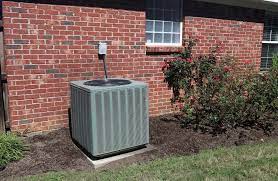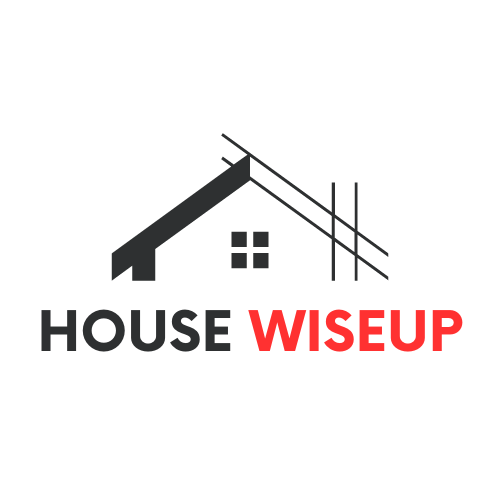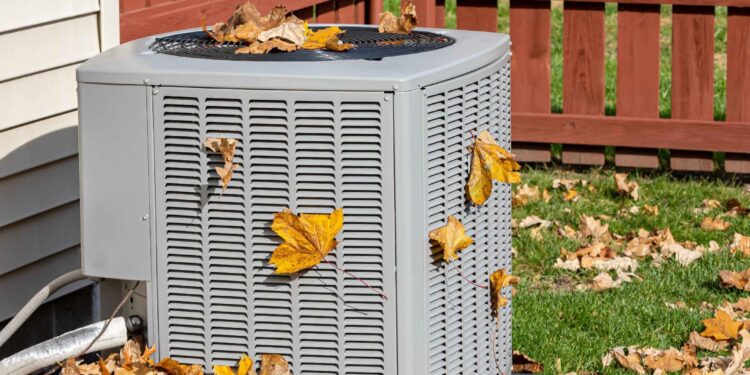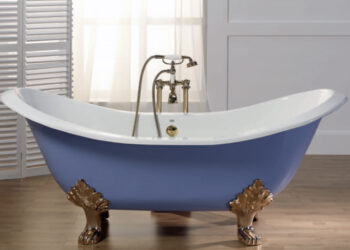Introduction
Discover the top 10 HVAC Problems and Solutions! From faulty thermostats to clogged filters, learn how to keep your system running smoothly. Heating, Ventilation, and Air Conditioning (HVAC) systems play a vital role in maintaining a comfortable indoor environment, be it in homes, offices, or commercial spaces. However, like any other mechanical system, HVAC systems are prone to malfunctions and breakdowns. Understanding the common issues that can arise with HVAC systems and knowing how to address them can save you from discomfort and costly repairs. In this blog post, we’ll explore 10 common HVAC problems, along with their solutions and repair strategies. HVAC services encompass maintenance, repair, and installation of heating, ventilation, and air conditioning systems to ensure optimal comfort and indoor air quality.
HVAC Problems: Clogged Air Filters
One of the most common HVAC problems is clogged air filters. Over time, dirt, dust, and debris accumulate in the filters, restricting airflow and reducing the system’s efficiency. This can lead to poor indoor air quality and increased energy consumption. The solution is simple: regularly replace or clean the air filters according to the manufacturer’s recommendations.
Refrigerant Leaks
Refrigerant leaks can cause your HVAC system to blow warm air instead of cool air. If you notice a decrease in cooling performance or hissing sounds coming from the unit, there may be a refrigerant leak. Repairing refrigerant leaks requires the expertise of a professional HVAC technician who can locate the leak, repair it, and recharge the system with the correct amount of refrigerant.

Thermostat Issues
Faulty thermostats can result in inaccurate temperature readings or failure to control the HVAC system properly. If you’re experiencing temperature fluctuations or if the thermostat display is blank, check the batteries first. If that doesn’t solve the problem, consider recalibrating or replacing the thermostat.
Electrical Problems
Electrical issues such as blown fuses, tripped circuit breakers, or faulty wiring can cause your HVAC system to malfunction or stop working altogether. It’s crucial to address these issues promptly to prevent further damage or safety hazards. Contact a licensed electrician or HVAC technician to inspect and repair any electrical problems.
Dirty Condenser Coils
Condenser coils in the outdoor unit can become dirty or covered in debris, hindering heat transfer and reducing the system’s efficiency. Regularly cleaning the condenser coils can help maintain optimal performance. Use a soft brush or hose to remove dirt and debris, or schedule professional maintenance to ensure thorough cleaning.
Blocked Vents or Registers
Blocked vents or registers can disrupt airflow and lead to uneven heating or cooling throughout your home or building. Ensure that all vents and registers are clear of obstructions such as furniture, curtains, or rugs. Additionally, consider adjusting the dampers to balance airflow to different areas.
Lack of Maintenance
Neglecting regular maintenance can result in various HVAC problems, including reduced efficiency, increased energy bills, and premature system failure. It’s essential to schedule annual maintenance visits with a qualified HVAC technician to inspect, clean, and tune-up your system. This proactive approach can help identify and address potential issues before they escalate.
Frozen Evaporator Coils
Frozen evaporator coils can cause your HVAC system to blow warm air or stop working altogether. Common causes of frozen coils include restricted airflow, low refrigerant levels, or a malfunctioning blower motor. Turn off the system to allow the coils to thaw, then address the underlying cause by checking for airflow restrictions, repairing refrigerant leaks, or replacing faulty components.
Loud or Unusual Noises
Unusual noises such as banging, rattling, or squealing coming from your HVAC system could indicate mechanical problems or loose components. Ignoring these noises can lead to further damage or system failure. If you hear unusual sounds, turn off the system and contact a professional HVAC technician to diagnose and repair the issue.
Aging Equipment
As HVAC systems age, they become less efficient and more prone to breakdowns. If your system is nearing the end of its lifespan, consider investing in a replacement to avoid frequent repairs and high energy bills. Newer, energy-efficient HVAC systems offer improved performance and reliability, providing long-term comfort and savings.
Conclusion
By being aware of these common HVAC problems and knowing how to address them, you can ensure that your system operates efficiently and reliably throughout the year. Remember to schedule regular maintenance, address issues promptly, and consider upgrading to newer, more efficient equipment when necessary. With proper care and attention, your HVAC system will continue to keep you comfortable for years to come.







